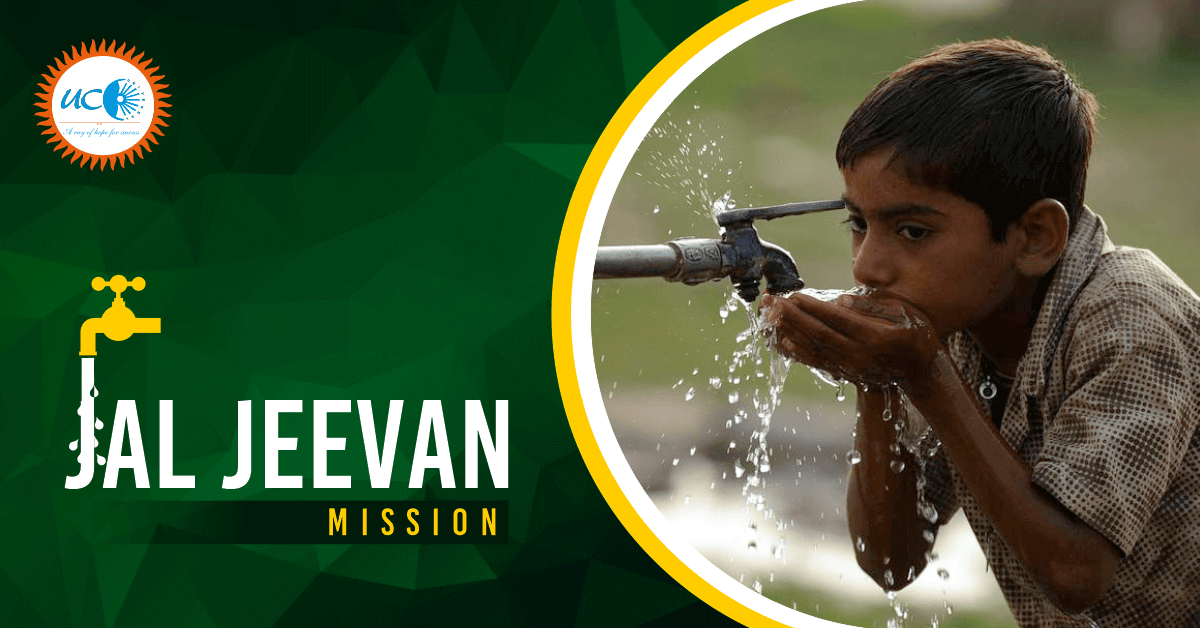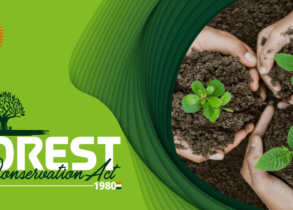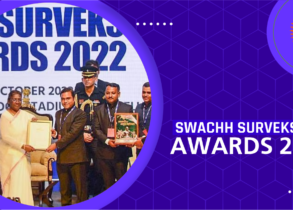UPSC Essentials: What is Jal Jeevan Mission?
Why in News?
According to a survey commissioned by the Union Ministry of Water Resources to assess the functioning of the government’s marquee Jal Jeevan Mission around 62% of rural households in India had fully functional tap water connections within their premises.
- In June, the Centre reported this number to be 52%.
- Tamil Nadu, Himachal Pradesh, Goa, and Puducherry reported more than 80% of households with fully functional connections, while less than half the households in Rajasthan, Kerala, Manipur, Tripura, Maharashtra, Madhya Pradesh, Mizoram and Sikkim had such connections.
- Goa, Telangana and Haryana have achieved 100% tap connectivity to all households.
- Union Territories like Puducherry, the Andaman and Nicobar Islands, Dadra and Nagar Haveli, and Daman and Diu, have also provided 100% of their households with tap water connections.
- Fully functional tap water connection: It is defined as a household getting at least 55 liters of per capita per day of potable water all through the year.
What is Jal Jeevan Mission?
About:
-
- Launched in 2019, it envisages the supply of 55 litres of water per person per day to every rural household through Functional Household Tap Connections (FHTC) by 2024.
- JJM looks to create a Jan Andolan for water, thereby making it everyone’s priority.
- It comes under Jal Shakti Ministry.
Aims:
- The mission ensures functionality of existing water supply systems and water connections, water quality monitoring and testing as well as sustainable agriculture.
- It also ensures conjunctive use of conserved water; drinking water source augmentation, drinking water supply system, grey water treatment and its reuse.
Features:
- JJM focuses on integrated demand and supply-side management of water at the local level.
- The creation of local infrastructure for source sustainability measures as mandatory elements, like rainwater harvesting, groundwater recharge and management of household wastewater for reuse, is undertaken in convergence with other government programmes/schemes.
- The Mission is based on a community approach to water and includes extensive Information, Education and Communication as key components of the mission.
Implementation:
- Paani Samitis plan, implement, manage, operate and maintain village water supply systems.
- These consist of 10-15 members, with at least 50% women members and other members from Self-Help Groups, Accredited Social and Health Workers, Anganwadi teachers, etc.
- The committees prepare a one-time village action plan, merging all available village The plan is approved in a Gram Sabha before implementation.
Funding Pattern:
- The fund-sharing pattern between the Centre and states is 90:10 for Himalayan and North-Eastern States, 50:50 for other states, and 100% for Union Territories.
What has been the JJM’s Performance so far?
- As per the JJM dashboard, around 65 crore households (50.38%) have tap water connections across the nation as of 10th June 2022.
- At the State level, Goa, Telangana and Haryana have achieved 100% tap connectivity to all households in the state.
- Union territories like Puducherry, the Andaman and Nicobar Islands, Dadra & Nagar Haveli and Daman & Diu have also provided 100 % of their households with tap water connections.
- States with over 90 % FHTC (Functional Household toilet coverage) coverage are (approximate figures are in brackets) – Punjab at 72 %, Gujarat at 95.91 %, Himachal Pradesh at 93.05% and Bihar at 92.74%.
- States with the least FHTC coverage are — Rajasthan at 87 %, Chhattisgarh at 23.10%, Jharkhand at 20.57% and Uttar Pradesh at 13.86%.
What is Jal Jeevan Mission(Urban)?
- In the Budget 2021-22, Jal Jeevan Mission (Urban) has been announced under the Housing and Urban Affairs Ministry to provide universal coverage of water supply to all households through functional taps in all statutory towns in accordance with Sustainable Development Goal-6.
- It complements the Jal Jeevan Mission (Rural) which envisages the supply of 55 litres of water per person per day to every rural household through Functional Household Tap Connections (FHTC) by 2024.
Objectives of Jal Jeevan Mission (Urban):
- Securing tap and sewer connections
- Rejuvenation of water bodies
- creating a circular water economy






